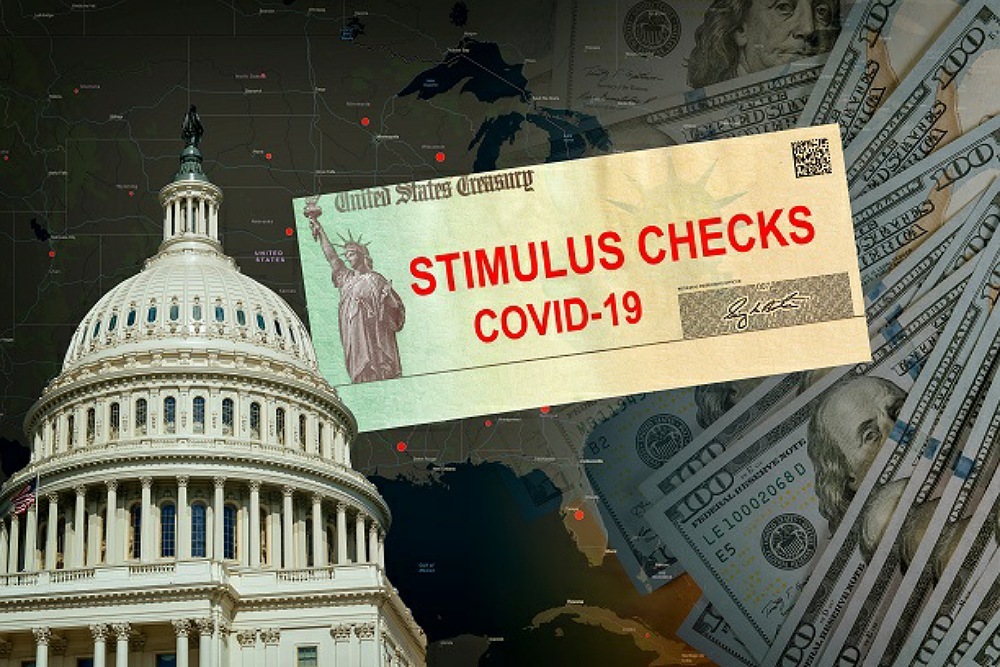Even though the federal government has floated trillions of dollars in economic rescue to businesses large and small across the country, it appears that small businesses and poor households are still struggling. A June 21 report by The Hill noted that it is likely that economic recovery will be uneven and slow, particularly for small businesses.
More than 2 million jobs were added to payrolls in May and 2.7 million individuals returned to work. But for the smaller businesses and low-wage employees who depend on those jobs, it appears the programs designed to help them have not done that job, raising concerns from policymakers and an oversight panel that monitors the federal rescue efforts.
“It is too early to celebrate,” wrote Diane Swonk, chief economist at Grant Thornton, in a recent research note. “Stimulus checks, along with enhanced unemployment benefits, helped many to weather the shutdowns but food lines lengthened as only about half of renters were confident they could pay rent in May.”
When Congress approved the $2.2 trillion CARES Act it gave the Federal Reserve and Treasury Department authority over a $500 billion rescue fund for businesses, state and local governments, and industry aid. The bulk of that money — $454 billion — was directed to backstop Fed emergency loans with credit protection from the Treasury. The Fed offered plenty of loans and purchased debt from large companies that were in good shape before the pandemic hit. But the Fed hasn’t purchased anywhere close to the $2 trillion in debt that was authorized through these economic rescue programs, a report from the Congressional Oversight Commission revealed.
“Simply saying that the Fed will never run out of ammunition and that they'll do whatever it takes to stabilize markets is in and of itself enough to soothe,” said Amanda Fischer, policy director at the Washington Center for Equitable Growth, a progressive think tank.
Although the federal government’s support for the financial markets appears to have worked, their efforts focusing on smaller business have been less effective.
The Federal Reserve was charged with creating the Main Street Lending Program, a special lending facility for businesses too small to be covered under its other emergency programs. But the Fed took months to create the program and solicit registrations.
Between February and April more than 3 million businesses closed (about 22 percent of all small businesses), according to a paper published by the National Bureau of Economic Research.
“Employment rates at small firms in the hardest-hit sectors trended similarly to those at larger firms that were likely to be ineligible for PPP loans,” wrote economists at the Opportunity Insights research center. “These results suggest that providing liquidity itself may be inadequate to restore employment at small businesses, at least in the short run.”

